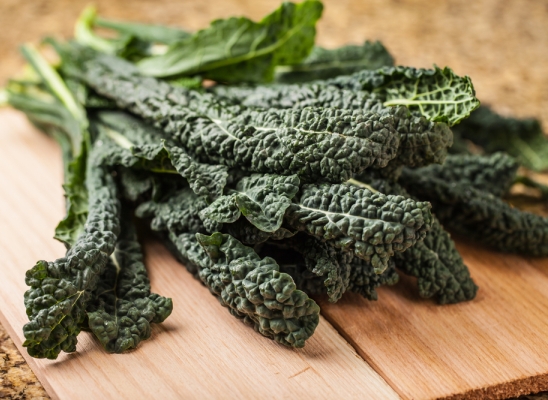What is kale? Its Benefits and Properties
Kale is a green leafy vegetable also popularly known as the leaf cabbage. Its nutritive properties make it an appropriate option, also notable for its low contribution of oxalates.
Did you know that some scientific studies indicate that the calcium present in the kale would be absorbed much better than the one found in milk? It is almost certainly one of the fashionable vegetables, although the truth is that we face the most consumed food of yesteryear.
In any case, the kale is the popular name with which nowadays is known the traditional wild cabbage, ultimately the forage cabbage. It is known from a scientific point of view with the name of Brassica oleracea, belonging to the family of the Brassicaceae, large and dark green leaves, perfectly edible and very frequent in the cuisine.
Benefits of kale and its most important properties
High nutritional content
From a nutritional point of view the kale is a leafy vegetable that stands out for its high water content, so it is an excellent natural option when purifying our body and help us eliminate accumulated toxins.
As we said at the outset, kale stands out for its content calcium, a mineral that among other things helps prevent fractures, loss of bone density and osteoporosis. In fact, some studies suggest that it is absorbed much better than the milk-containing calcium, thanks to the presence of vitamin C that helps calcium to fix better in the bones.
It also provides vitamins, among which the presence of Vitamin A, it is fundamental to maintain a good vision. It also contains Vitamin C, which helps strengthen the immune system. And Vitamin K, which helps to improve bone health and blood clotting, in addition to relating qualities to protect us against cancer.
In addition, it is extremely rich in fiber, helping to maintain a healthy digestion, and being very useful in preventing constipation (or improving it if you already have it, by facilitating intestinal transit).
Good for liver and blood
While its content in vitamin K the kale is ideal to maintain a proper blood clotting, it is ideal for the liver because it helps to clean it in a completely natural way, especially due to its detoxifying qualities.
Low levels of oxalates
If you are concerned about the consumption of green leafy vegetables in excess of its oxalates content, in the case of kale you should be calm, since it contains a smaller amount of this toxic substance.
Oxalate is a substance found in naturally occurring plant foods, classified into substances known as antinutrients, since it tends to join the calcium to impede its proper absorption.
In addition, its abundant consumption can contribute to the stone formation in the kidney and therefore to the lithiasis of calcium oxalate.
